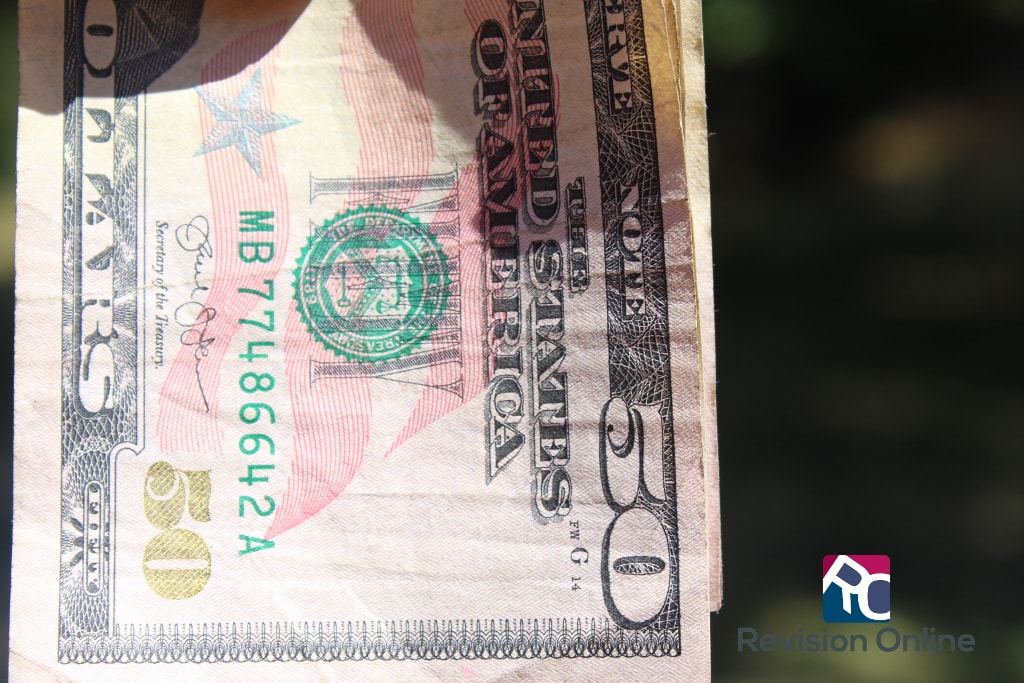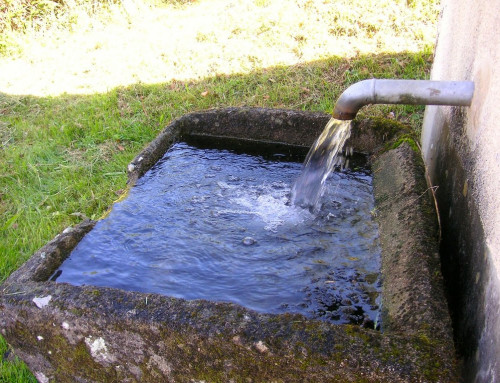Cambridge IGCSE Accounting(0452)/O Level Principles of Accounts(7110) Notes: Source Documents: The petty Cash Book: The Analytical Petty Cash Book
- Although petty cash payments are varied in nature
- In most businesses there are common items that benefit from petty cash payments
- For example motor repair expenses, petrol expenses, employee bus fare, stationary etc
- For this reason in such businesses, the petty cash book is maintained in columnar (or analytical) form,
- with a separate column for each usual item of expense and a column for total
- This type of Petty Cash Book is known as Analytical Petty cash Book
- This type of Cash Book will allow management/proprietors to tell at a glance the total amount spent on each of these common expenses
- It also saves time posting each item of petty payments unnecessarily in the ledger;
- As only totals of various columns are to be posted in the ledger
- An example of the ruling of an Analytical Petty Cash Book is shown below:
| Receipts | Date | Details | Voucher No | Total | Motor Expenses | Busfare | Stationary | Sundry Expenses |
|---|---|---|---|---|---|---|---|---|
| 500 | 1 Oct | Cash | ||||||
| 3 Oct | Petrol | 1 | 30 | 30 | ||||
| 3 Oct | J Gondo | 2 | 25 | 25 | ||||
| 3 Oct | S Mukuyu | 3 | 15 | 15 | ||||
| 5 Oct | Stationary | 4 | 7 | 7 | ||||
| 10 Oct | Postage | 5 | 3 | 3 | ||||
| 17 Oct | Petrol | 6 | 11 | 11 | ||||
| 23 Oct | Postage | 7 | 1 | 1 | ||||
| 24 Oct | R Banda | 8 | 23 | |||||
| 25 Oct | L Kudoka | 9 | 12 | 12 | 23 | |||
127 | 41 | 52 | 11 | 23 |
||||
| 373 | 31 Oct | Cash | ||||||
| 31 Oct | Balance | c/d | 500 | |||||
627 | ||||||||
| 500 | 1 Nov | Balance | b/d |
- Here the Receipts side acts as the Debit side of the Petty Cash Book
- The Sundry Expenses column is used to show all the other petty expenses that cannot be placed in any of the provided columns
- Sundry expenses is just a name they can be called Other Expenses, General Expenses etc
- The business decides on the name and the expenses that it will classify as Sundry Expenses or any other name the business chooses
- The corresponding entries will be found in the Cash Book and General Ledger as shown below
| Cash Book | ||||||||
| DR | CR | |||||||
| Date | Details | Cash($) | Bank($) | Date | Details | Cash($) | Bank($) | |
| 1 Oct | Balance b/d | 10000 | 100000 | 1 Oct | Petty Cash | 500 | ||
| 30 Oct | Petty Cash | 373 | ||||||
| 31 Oct | Balance c/d | 9127 | 100000 | |||||
10000 | 100000 | 10000 | 100000 |
|||||
| General Ledger | ||||||||
| Motor Expenses Account | ||||||||
| Date | Details | Amount($) | Date | Details | Amount($) | |||
| 31 Oct | Petty Cash | 41 | 31 Oct | Balance c/d | 41 | |||
| 31 Oct | Petty Cash | 41 | 31 Oct | Balance c/d | 41 | |||
| Busfare Account | ||||||||
| Date | Details | Amount($) | Date | Details | Amount($) | |||
| 31 Oct | Petty Cash | 52 | 31 Oct | Balance c/d | 52 | |||
| Stationary Account | ||||||||
| Date | Details | Amount($) | Date | Details | Amount($) | |||
| 31 Oct | Petty Cash | 11 | 31 Oct | Balance c/d | 11 | |||
| Sundry Expenses | ||||||||
| 31 Oct | Petty Cash | 27 | 31 Oct | Balance c/d | 27 | |||
- The Cash and Bank balances shown above are for illustration purposes only in a real world scenario there is likely to be many other entries in the Cash Book
To access more topics go to the Cambridge IGCSE Accounting(0452)/O Level Principles of Accounts(7110) Notes.




